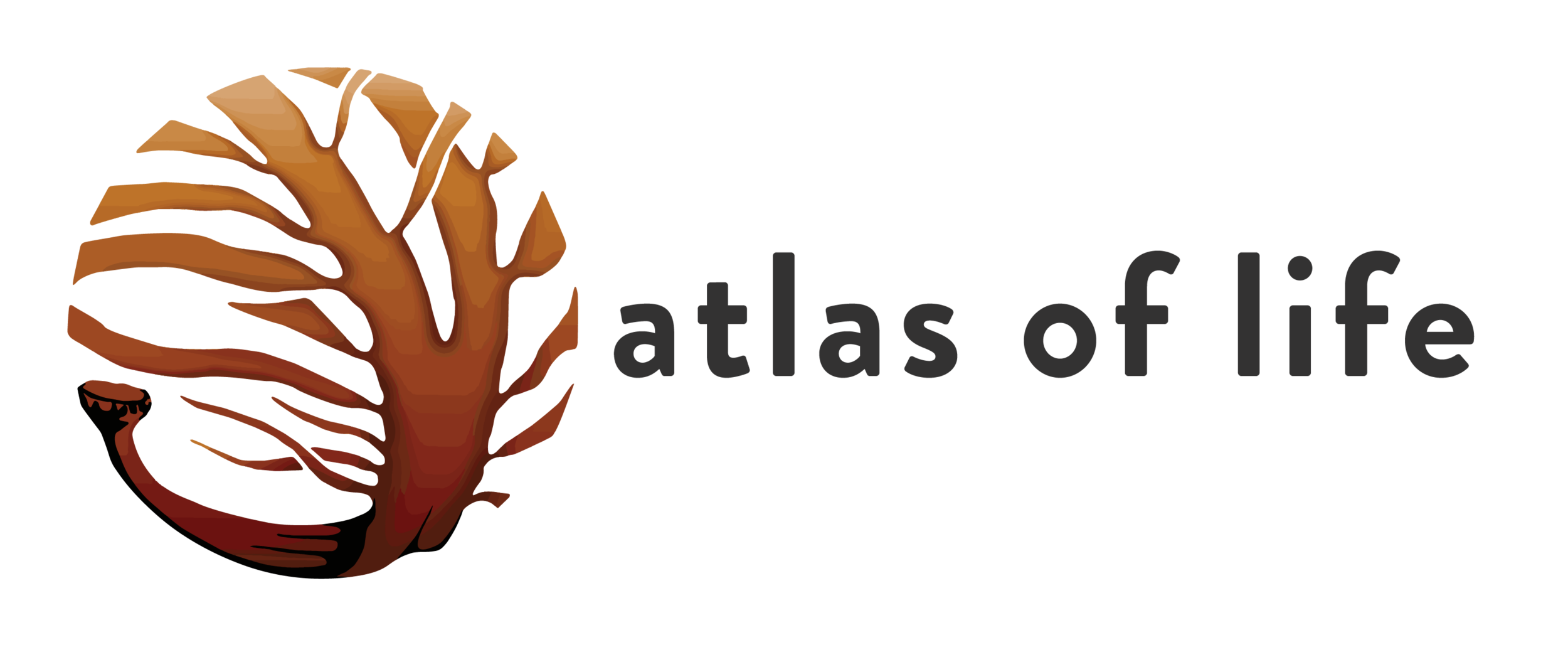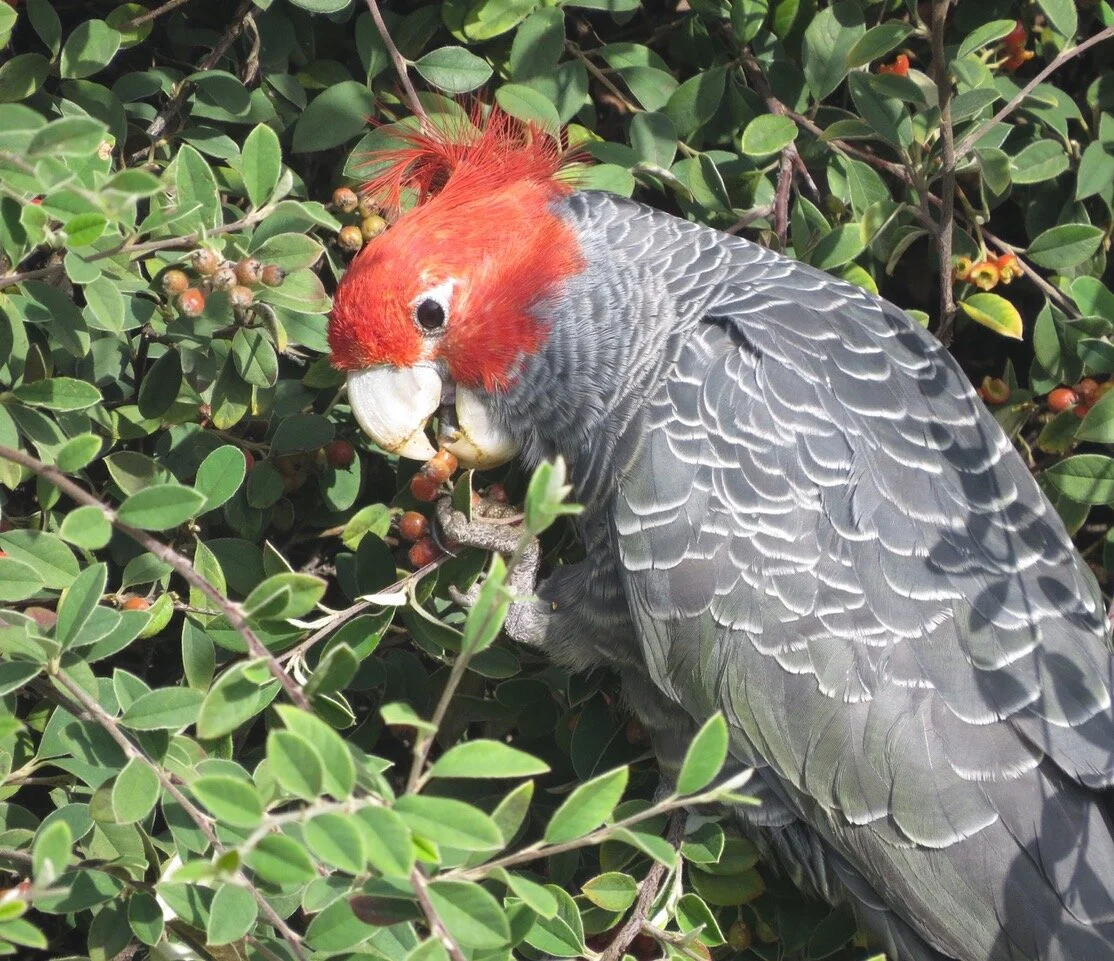Feeding King Parrots
NATURE STORIES FROM ISOLATION
by Kerri-Lee Harris
March, 2020
The forest surrounding our house here in Wonboyn was completely burnt out in the Border Fire of January 4-5. Where just 3 months ago there was nothing but ash, there is now a sea of grass seeds. Birds are returning to the forest, as are the insects, albeit slowly.
One morning this week a flock of King Parrots descended. They’ve been around, on and off, for weeks. This time, however, they were in for a feed. And a very healthy one at that!
There were at least a dozen birds, more than we normally see together here in the forest. We don’t feed them - nature does that for us - so they usually hang about in pairs or small family groups.
For such colourful birds, they’re surprisingly cryptic amongst the bright green of the new grasses and ferns. There are at least 8 birds in this shot, but you need to look closely to find them all.
We were quite delighted by this morning visit. Something puzzled us though. One of the birds had yellow feathers. A lot of them!
It is likely that this bird has Psittacine Beak and Feather Disease (PBFD). One of the common symptoms of PBFD is change in feather colour, particularly from green to yellow.
The virus that causes the disease is easily spread between birds, particularly when birds gather at artificial feeders or bird baths.
It’s rather troubling to see signs of this disease here, where the ecosystem has yet to fully recover from the recent bushfire. We can only hope that the infected bird doesn’t spread the virus too widely. Our local bird populations don’t need any more challenges at this time.
(Note: PBFD is infectious among birds, not humans. It’s been around in the wild for a long time, and birds can develop an immunity. However, it can pose a risk to populations where numbers are already low. Importantly, PBFD is NOT known to cause disease in humans)
Further reading:
NSW Government (Threatened Species Committee) information page
If you have a story to share, simply email me (kerrileeharris@gmail.com)













